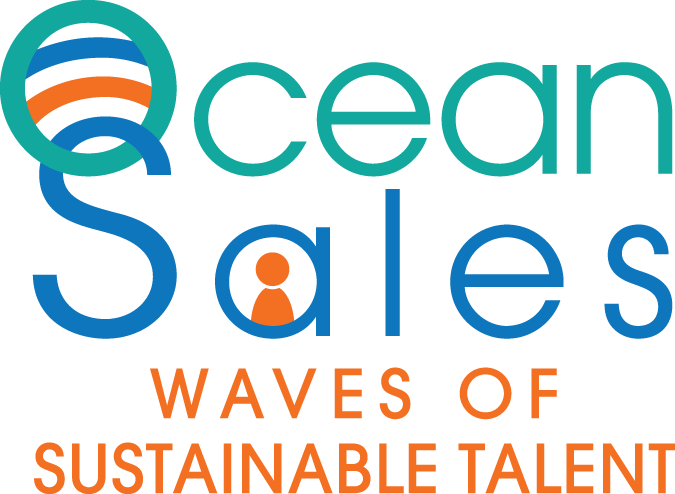Talent Acquisition Glossary
Active Candidate – any person who is proactively looking for a job, typically posting a resume online, networking with professional contacts on a regular basis. Either unemployed, close to being unemployed or seeking new employment opportunities to enhance their career.
Agency - A staffing agency acts as a liaison between employers and prospective employees and job seekers. A staffing agency collects, maintains and manages thousands of resumes of job seekers and matches them with prospective employers.
Analytics* – using data collected from various sources to create metrics that are used to make business decisions. In recruiting, monitoring applicant flow from recruiting marketing efforts such as job boards.
Applicant – any person who applied to a job and is collected in the Applicant Tracking System.
Applicant Tracking System (ATS) - An applicant tracking system (ATS), also called a candidate management system, is a software application designed to help an enterprise recruit employees more efficiently. An ATS can be used to post job openings on a corporate Web site or job board, screen resumes, and generate interview requests to potential candidates by e-mail. Other features may include individual applicant tracking, requisition tracking, automated resume ranking, customized input forms, pre-screening questions and response tracking, and multilingual capabilities
Candidate – any person who has experience and qualifications for a specific job.
Candidate Development* – term used to describe the coaching and preparing of candidates for the recruiting process. It includes personal contact by recruiters to develop candidates into qualified and interested professional who are within the hiring parameters. It also includes preparing candidates for the interview and hiring process within your company and possibly for a continued relationship even if not selected.
Candidate Profile – resume, biography, other notes summarizing qualifications
Employment Brand* - denotes an organization's reputation as an employer or “the image of the organization as a ‘great place to work’ in the minds of current employees and key stakeholders in the external market (active and passive candidates, clients, customers and other key stakeholders).�
Full Life Cycle Recruiting – this term refers to end-end recruiting and can include sourcing as well as candidate development, salary negotiations and managing client expectations.
Hiring Authority – the person in an organization that is the decision maker to hire an applicant
Job Board / Job Posting – in recruiting, a collective term used to describe any place where job advertisements are published, whether online, in print or on social media. Job boards can serve many industries or be industry specific.
Passive Candidate – any person who is likely content with current job and employer. Typically this person is contacted by a recruiter with an opportunity that otherwise would have never been considered as a path to new career opportunity and a change in employment. Often considered the “best� kind of candidate.
Personal Branding* – similar to Employment Brand, your internal and external professional image. Instead of websites, a personal brand marketing strategy includes online profiles on social media like Linked in, business cards, and any type of blogging or participation in other social media venues.
Recruiter - recruiting professionals who focus on filling open positions within companies. A recruiter is responsible for full life cycle recruiting. It is important to differentiate between agency recruiters (headhunters) and corporate HR professionals who specialize in filling all levels of workforce level roles.
Recruitment Marketing* – the collective activity of finding candidates through company websites, job boards, social media, recruiting events, referrals, college recruiting, etc., agencies (recruitment), executed around an employment branding framework (marketing).
Research – the activity that sourcers engage in to create lists of names for particular job openings
Search Engine - A web search engine is designed to search for information on the World Wide Web. The search results are generally presented in a line of results often referred to as search engine results pages (SERP's). The information may be a viewed as web pages, images, information and other types of files.
Sourcer – a sourcer is usually someone who is dedicated to producing names and list generation for a particular job opening or search assignment. A sourcer may work directly for a recruiter. It would be unusual for a sourcer to be a recruiter.
Sourcing – the act of identifying potential candidates
Social Media* – platforms for interactions and networking, for example, LinkedIn, Facebook, twitter, etc. All the traditional media – print, broadcast, and search and so on, provide platforms for delivery of ads near and around relevant content. Social media are platforms for interaction and relationships, not content ads.
Talent Pipeline – a term used to describe a research-intensive service that identifies and introduces top industry talent supporting key leadership positions within a company for evolving needs.
Talent Community* - A talent community is a segmented audience of targeted talent that can meet the current and future hiring needs and maps to our workforce plan. This community concurrently resides on multiple platforms such as Twitter, Facebook, LinkedIn, our ATS, our CRM and our recruitment marketing platform; note that most of these platforms have their own rules of engagement and avenues for communication and feedback. On an iterative and ongoing basis, this target audience is engaged, nurtured, informed, listened to and cultivated in order that our organization will be top of mind when that timing is right for a community member to consider a job change.
Telephone Sourcing – calling or dialing candidates either as part of identifying new suspects, or developing prospects and candidates. This is in contrast to using email or other means not directly speaking to candidate.

